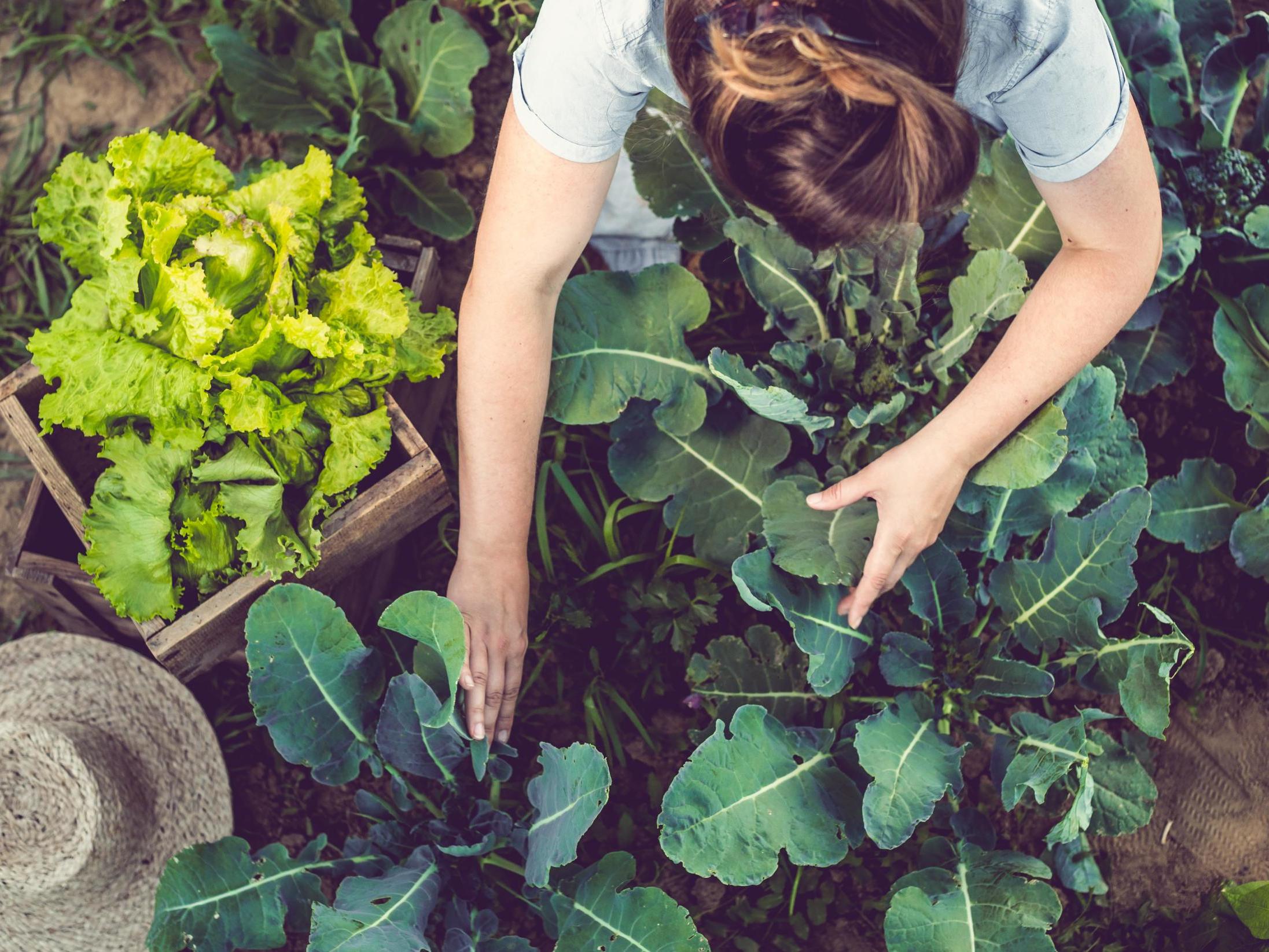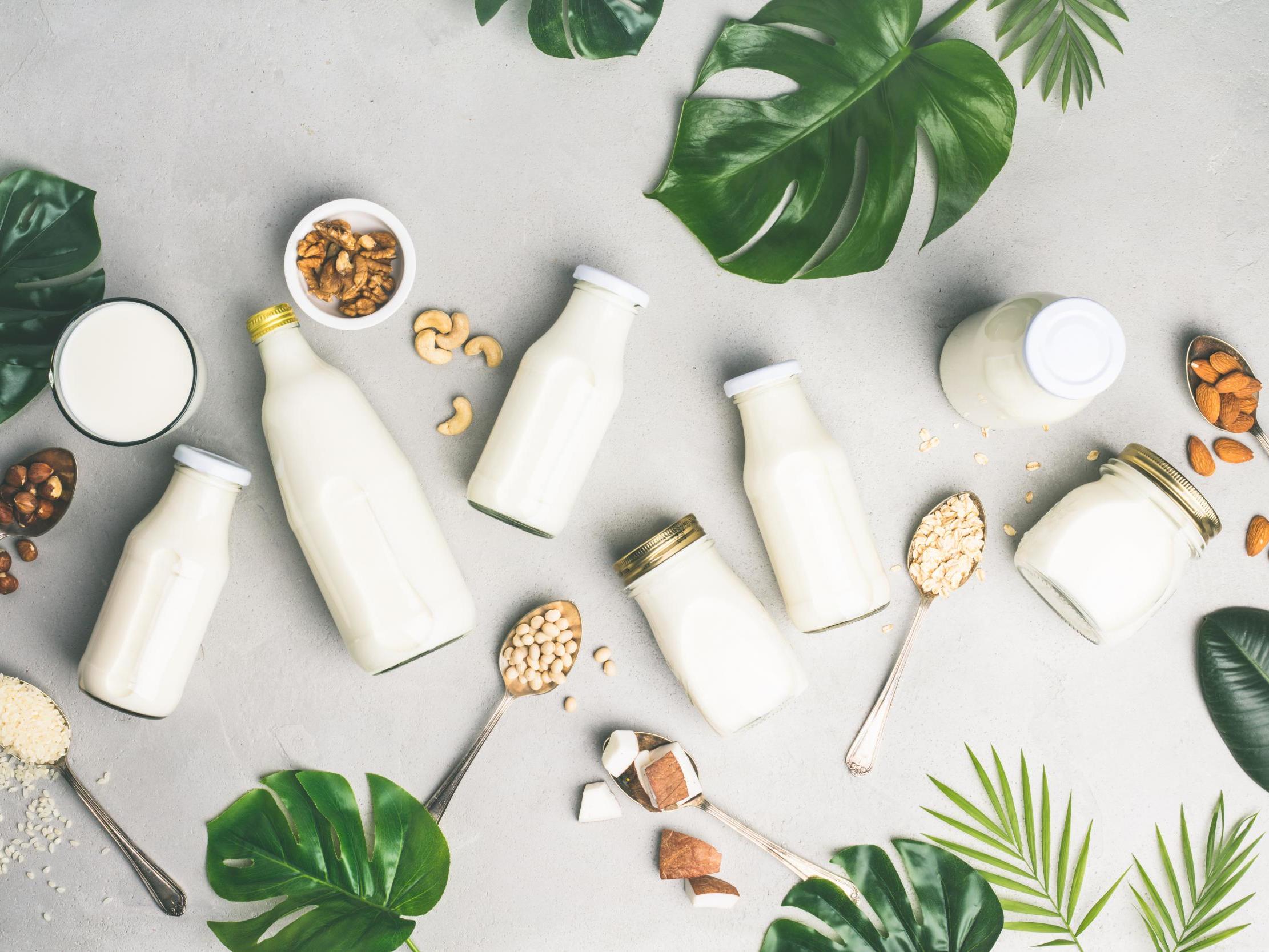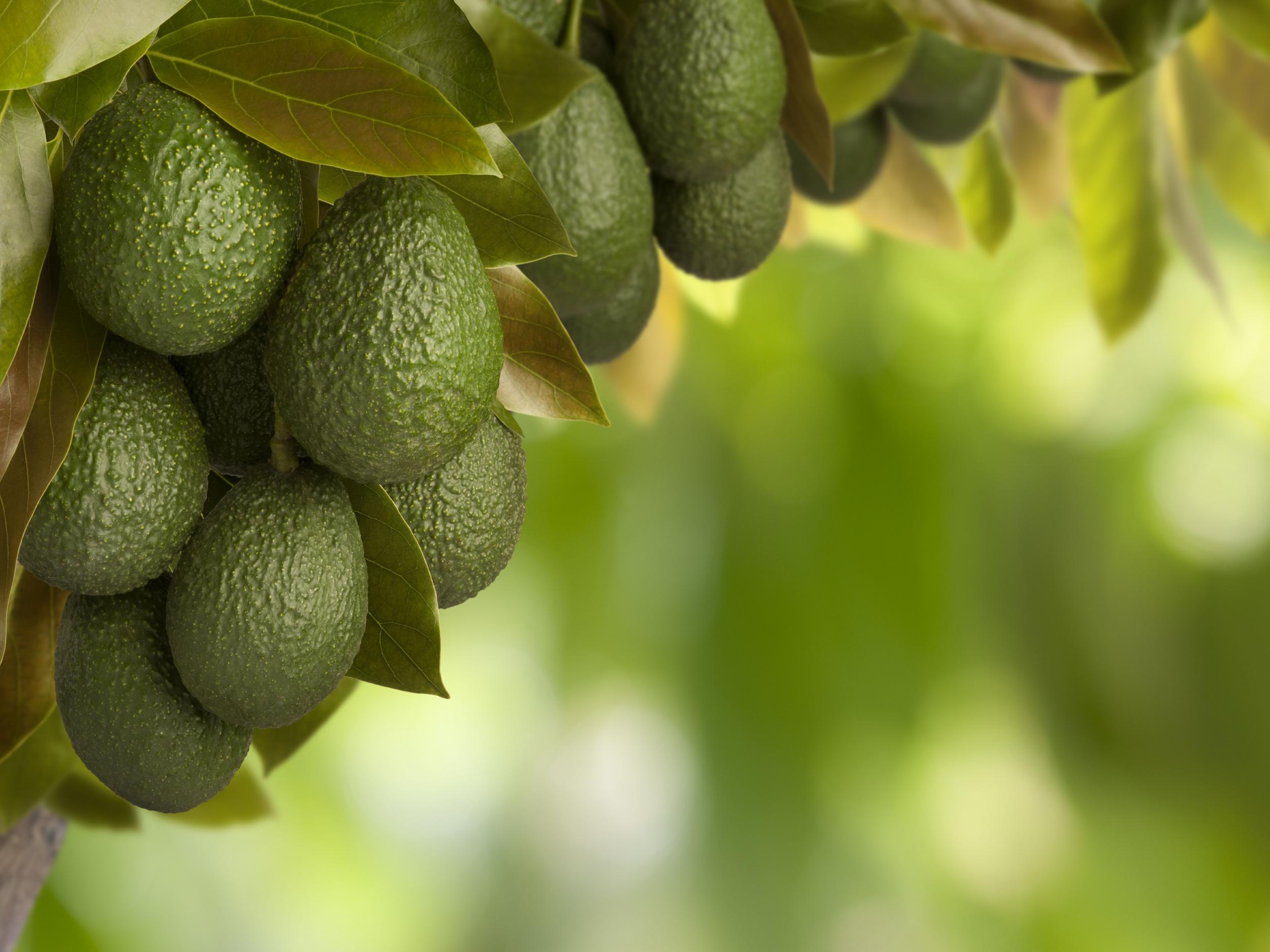20 pledges for 2020: Could eating local be more eco-friendly than going vegan?
Emma Snaith: I have pledged to buy only locally produced food and eat what is in season. That means coffee, olive oil, bananas and chocolate are all strictly off the menu.


In case you missed it, Veganuary was bigger than ever this year.
A record 400,000 people worldwide signed up to give up dairy and meat in January according to the campaign, while fast-food giants launched a slew of vegan offerings. Predictably, up popped Piers Morgan to complain that the “nation has become lemmings” after Greggs introduced its vegan steak bake.
Growing consciousness of the link between intensive animal farming and the climate crisis is certainly partly responsible for the rise of veganism. But is it really as simple as animal products = bad, plant products = good?
After pledging to eat mainly seasonal British food this year to make my diet more sustainable, I have found myself eating more fish and dairy. This is because I can no longer buy many of staple plant-based products I used to eat including almond milk, tofu and avocados. But is this really such a bad thing?
While avoiding meat and dairy does not have to mean eating more imported foods, many ingredients touted as vegan staples travel thousands of miles to reach supermarket shelves. And of course, it’s not just the excessive food miles of these products that have a detrimental impact on the environment.
It takes 30 pints of water to produce a single glass of almond milk. California, where 80 per cent of the world’s almonds are grown, has been in severe drought for most of this decade.
Meanwhile, the Mexican avocado trade is increasingly controlled by drug cartels which are driving the clearing of the country’s native forests. In South America, soy farming is also fueling deforestation and the destruction of Brazil’s Cerrado grasslands. (A lot of this is fed to livestock, but a certain amount will find its way into the hands of human consumers too.)
The countryside charity recommend eating food that is sourced within 30 miles of where it is produced to cut the waste of energy and packaging of long distance transport, especially air freight.
Graeme Willis, Agriculture Lead at CPRE, said: "To tackle the climate emergency we all need to take action to eat less and better meat and dairy, but eating more local food and not wasting food will cut out a large portion of the carbon emissions from our diets too.”
He added that eating local food also has other benefits such as supporting local producers and connecting people with the farms and places that produced it.

Imogen Davis, the co-founder of Native restaurant in London, believes that what really matters is how food is produced rather than a simplistic vegan/meat-eater binary. Her low-waste restaurant is big on sustainability and focuses on sourcing foraged wild food that is native to the UK.
“You can’t simply claim that the environmental impact of someone who eats meat produced using regenerative farming methods is worse than a fast-food vegan,” she said. “If you buy food from those big chains, you’re supporting companies that have the worst record of treating animals and destroying the planet.”
“We make sure that the meat we serve was raised ethically and make it go as far as possible. We’ve even had life-long vegans order the venison on our menu because they trust our stance on sustainability. (The restaurant uses meat from deer that would be otherwise culled to protect the South Downs countryside.)
Imogen suggests that if people are going to do Veganuary, it should take place in September in Britain when we have an abundance of fresh produce. “Holding a vegan month during harvest time means we can rely on the produce that we grow in this country, rather than flying in avocados and strawberries thousands of miles,” she said.
However, the campaigners behind Veganuary believe that what you choose to eat when thinking about your carbon footprint is much more important than how far it has travelled.
Toni Vernelli, head of communications at Veganuary, said that plant-based foods have a much lower environmental impact than than meat and dairy “no matter how they were produced”.
"If you have decided to go vegan for environmental reasons, there are some choices you can make to make your diet even more sustainable,” she added. “For instance oat milk is a better choice than almond milk. But dairy milk results in almost three times more greenhouse gas emissions than any plant-based milk."
Veganuary point to a Oxford University study published earlier this year that found that transport’s contribution to any food’s overall carbon footprint is tiny, accounting for less than 10 per cent for most food prodcuts. The research group Our World in Data found that less meat is nearly always better than sustainable meat to reduce your carbon footprint.
Their study concluded that 1kg of animal-based foods generate between 10 times and 50 times as much greenhouse-gas impact as plant-based products, based on data collected from nearly 40,000 farms in 119 countries.

However, the study did find that eating more sustainable animal products can still make a big difference. For instance, land management practices in the UK often mean that the carbon footprint of these products are lower compared to other countries.
Friends of the Earth also advise that reducing meat and dairy is more important than reducing food miles. However, they argue that it is still important to consider the environmental costs of your dinner if you are eating heavily processed meat-free products.
Campaigner Kierra Box said: “If that vegan sausage uses huge amounts of energy during production, is made from soy grown on deforested land and supplemented with palm oil grown at the cost of Orangutan habitat, then as far as the environment is concerned you would do better eating a local, organically raised chicken.”
So it seems that cutting down on meat and dairy is generally better for the environment than simply switching to local alternatives. But if you are hungry for something other than plants, you can make a difference by choosing high-welfare, low-carbon local options.
While I’ll try and stick to British-produced oat milk rather than dairy for the rest of my buy local challenge, I definitely will still indulge in a bit of cheese from time to time. And there’s no doubt a potato is a more carbon-friendly choice than an avocado.
Who knows, maybe I will even challenge myself to do a version of Veganuary in September.
Join our commenting forum
Join thought-provoking conversations, follow other Independent readers and see their replies
Comments